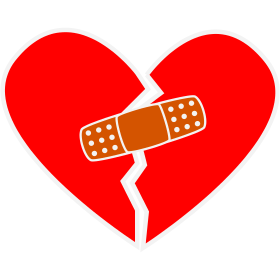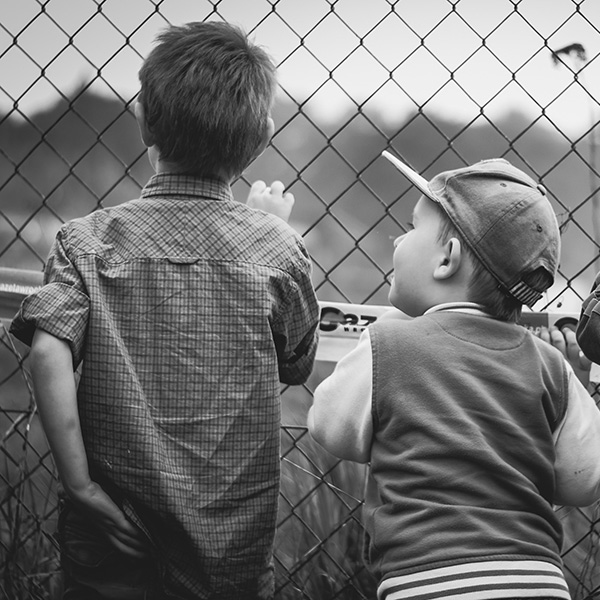Tag: covid-19
-

Resist irrationality: fight or flight in a time without lions
We humans obviously needed our fight or flight response in the past. When faced with a hungry lion, we needed to be able to bypass our pre-frontal cortex “professor brain” and act quickly. But although fight or flight is very useful in situations of physical danger, it’s become maladaptive for modern times.
-

As we progress, let’s not regress
I walked up to the front door of my health club and waited. The owner opened the door and beckoned me in; he was not armed with a touchless thermometer. “You can just walk in now,” he said. “Well, that makes your job easier,” I replied. “Yours, too!” he said. “Just scan your card and…
-

Picking the scab off the nuclear family
The nuclear, 2-parent family, the gold standard of American parenting, is a relatively new concept. In the past and present, America and communities around the world function well—perhaps better—with a more communal approach to raising children. The pandemic, I’ve noticed, has been picking at the scab that holds the nuclear family together. Quarantined families, in…
-

Think this generation will be “left behind”? Think again.
I wrote this piece for my blog, and then it was picked up by Growing Up in Santa Cruz. Read it on their site. I think it’s an important topic for parents to keep in mind as we struggle through this period of pandemic and distance learning.
-

For goodness sake, parents, be nice to your teachers, OK?
We’re all in this together, right? So don’t start the conversation by blaming your teacher. Make sure that you are taking responsibility for your part, too!